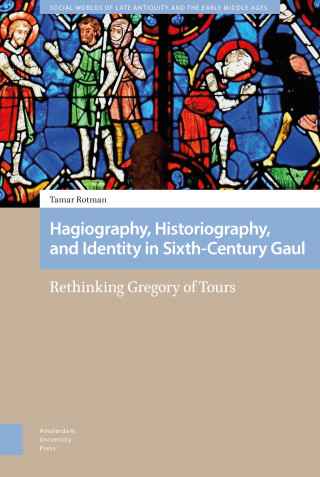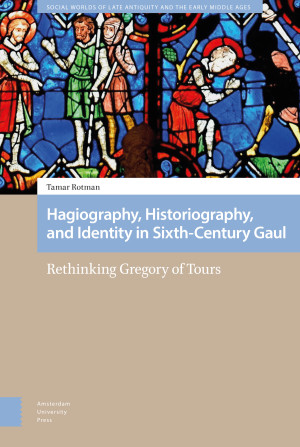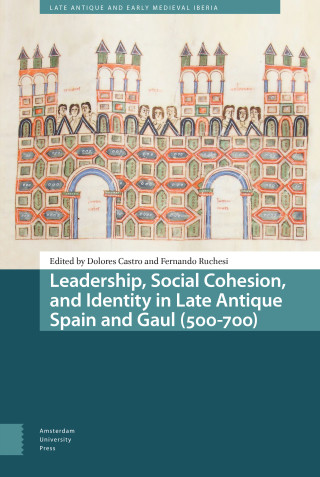"Rotman’s study performs a vital service in demonstrating that Gregory’s second great literary project was no less deliberate and profound than the Historiae. For this reason, and for its many insights into the connections between Merovingian Francia and the wider Mediterranean, it is necessary reading for all scholars of Gregory and his milieu."
- Gregory Halfond, Speculum, vol 98, no 3, July 2023
"[...] this is a readable and rather enjoyable book which does indeed succeed in getting us to think about Gregory afresh."
- Paul Fouracre, The Medieval Review, June 2022
"[...] there is much to commend in Rotman’s innovations and nuanced reassessments; they should help instruct how scholars may better approach the corpus of the bishop of Tours henceforth."
- Allen E. Jones, Journal of Early Christian Studies, Vol. 30, No. 3
''...Rotman’s book opens the door to further developments in scholarship on Gregory and the role of hagiography in historical study''.
-Erica Buchberger, Church History Journal , June 2023





